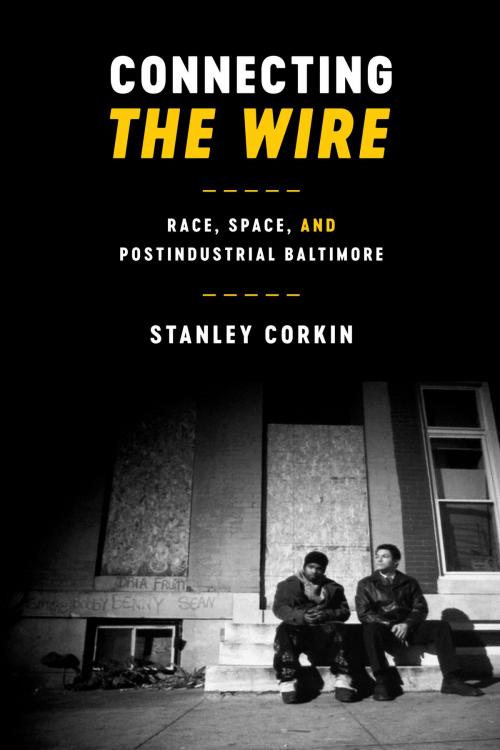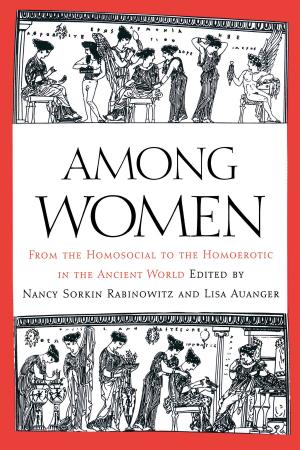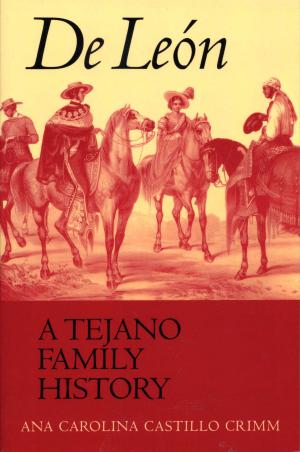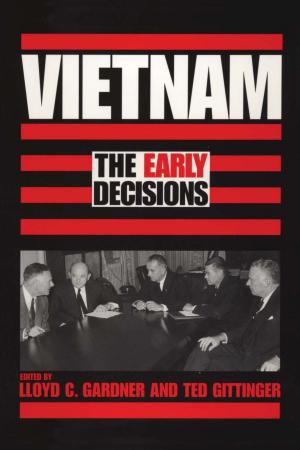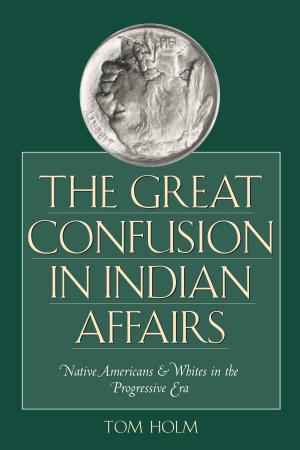Connecting The Wire
Race, Space, and Postindustrial Baltimore
Nonfiction, Entertainment, Performing Arts, Television, History & Criticism| Author: | Stanley Corkin | ISBN: | 9781477311790 |
| Publisher: | University of Texas Press | Publication: | February 14, 2017 |
| Imprint: | University of Texas Press | Language: | English |
| Author: | Stanley Corkin |
| ISBN: | 9781477311790 |
| Publisher: | University of Texas Press |
| Publication: | February 14, 2017 |
| Imprint: | University of Texas Press |
| Language: | English |
Critically acclaimed as one of the best television shows ever produced, the HBO series The Wire (2002–2008) is a landmark event in television history, offering a raw and dramatically compelling vision of the teeming drug trade and the vitality of life in the abandoned spaces of the postindustrial United States. With a sprawling narrative that dramatizes the intersections of race, urban history, and the neoliberal moment, The Wire offers an intricate critique of a society riven by racism and inequality.In Connecting The Wire, Stanley Corkin presents the first comprehensive, season-by-season analysis of the entire series. Focusing on the show's depictions of the built environment of the city of Baltimore and the geographic dimensions of race and class, he analyzes how The Wire's creator and showrunner, David Simon, uses the show to develop a social vision of its historical moment, as well as a device for critiquing many social "givens." In The Wire's gritty portrayals of drug dealers, cops, longshoremen, school officials and students, and members of the judicial system, Corkin maps a web of relationships and forces that define urban social life, and the lives of the urban underclass in particular, in the early twenty-first century. He makes a compelling case that, with its embedded history of race and race relations in the United States, The Wire is perhaps the most sustained and articulate exploration of urban life in contemporary popular culture.
Critically acclaimed as one of the best television shows ever produced, the HBO series The Wire (2002–2008) is a landmark event in television history, offering a raw and dramatically compelling vision of the teeming drug trade and the vitality of life in the abandoned spaces of the postindustrial United States. With a sprawling narrative that dramatizes the intersections of race, urban history, and the neoliberal moment, The Wire offers an intricate critique of a society riven by racism and inequality.In Connecting The Wire, Stanley Corkin presents the first comprehensive, season-by-season analysis of the entire series. Focusing on the show's depictions of the built environment of the city of Baltimore and the geographic dimensions of race and class, he analyzes how The Wire's creator and showrunner, David Simon, uses the show to develop a social vision of its historical moment, as well as a device for critiquing many social "givens." In The Wire's gritty portrayals of drug dealers, cops, longshoremen, school officials and students, and members of the judicial system, Corkin maps a web of relationships and forces that define urban social life, and the lives of the urban underclass in particular, in the early twenty-first century. He makes a compelling case that, with its embedded history of race and race relations in the United States, The Wire is perhaps the most sustained and articulate exploration of urban life in contemporary popular culture.
